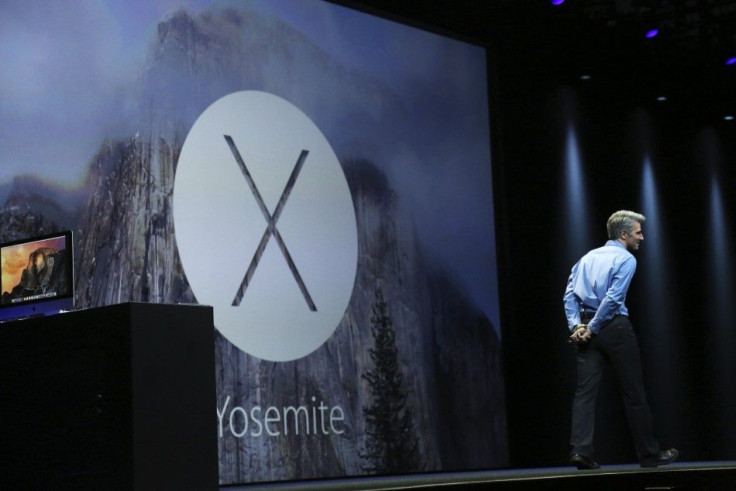Apple iOS 8.2 Top Killer Features To Include Health App Improvements

Apple's release of its Health app last October went well except for its glucose tracking function. According to a report by Forbes, the Cupertino-based giant was forced to pull out the tracking feature because the software was not compatible with metrics used in other countries. Another report by 9to5Mac said that the feature may now be back with Apple's introduction of the iOS 8.2 update.
Forbes added that the tech giant already released the iOS 8.2 beta 3 version to developers last week. Consequently, the firmware came with notes discussing the blood glucose feature and its inclusion to the Health app again. Previously, the Health app came with just a single blood glucose tracking method: via mg/dL (milligrams per decilitre).
The problem is that many countries follow the mmol/L (millimoles per litre) instead as the standard blood glucose measure. More importantly, the Health app will reportedly have data visualisations and features. As per the beta release, glucose under the app is described as "blood sugar" or the primary sugar component found in the body acting as the main energy source for the body.
Apple clarified through its support page that the update will provide more clarifications about the metrics used. The company further added, "We'll soon release a software update that will temporarily remove the ability to manually enter and view blood glucose values in the Health app while we work on an update to support both units of measurement."
9to5Mac stated that apart from the inclusion of the glucose tracking feature, the iOS 8.2 software will also come with Apple Watch and WatchKit support. People may also expect a number of feature enhancements promising better performance than the original iOS 8.
However, Apple may reportedly also need to work on its software rollout since the fall release was considered rocky. The HealthKit proved to be problematic for the iOS 8 that the company was forced to pull it out from the initial offering. Apple re-added the program through a point update.
For questions or comments, you may contact the writer at: p.silva@ibtimes.com.au.





















